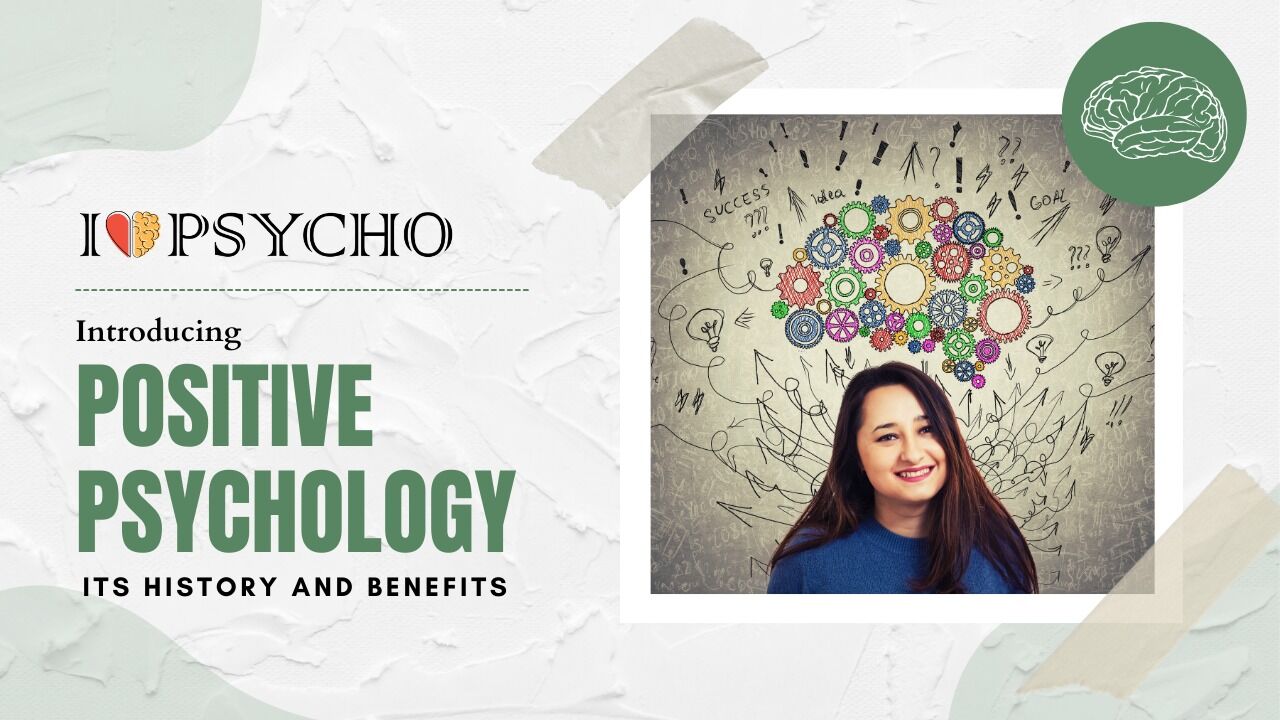The study of what is good about people and what makes life worthwhile is known as positive psychology. One of the most recent branches of psychology to emerge is positive psychology.
This branch of psychology focuses on how to assist people in prospering and leading healthy, happy lives. Positive psychology focuses on helping people become happier, whereas many other branches of psychology tend to focus on dysfunction and abnormal behavior.
Coaching, on the other hand, has emphasized the client’s ability to be “whole” and find solutions to problems. This perspective, on the other hand, lacked a body of theory and research to back up its claims.
Many of the techniques, tools, and orientation coaches have developed through experience have strong alignment with the science of positive psychology, as you’ll discover as you familiarize yourself with the vast body of its research and theory.
Positive psychology, in many ways, provides the scientific foundation for coaching. This psychology is an appeal for psychological science and practice to be as strong as weak; to build the most beautiful things in life as to repair the worst; and to fulfil ordinary people’s lives as a result of cure pathology.
This optimistic psychology will help achieve “scientific understanding and effective interventions to build thriving in individuals, families, and communities,” according to leading authorities in the field, Martin Seligman and Mihaly Csikszentmihalyi.
History of Positive Psychology
“Psychology had three distinct missions before World War II: curing mental illness, making everyone’s lives more productive and fulfilling, and identifying and nurturing high talent,” wrote Seligman and Mihaly Csikszentmihalyi in 2000.
Shortly after WWII, psychology’s main focus shifted to treating abnormal behavior and mental illness as a top priority.

Humanist thinkers such as Carl Rogers, Erich Fromm, and Abraham Maslow helped rekindle interest in the other two areas in the 1950s by developing theories centered on happiness and the positive aspects of human nature.
Here are some more key dates in positive psychology’s history:
- Positive psychology became the theme of Seligman’s presidency of the American Psychological Association in 1998. Seligman is now widely regarded as the founding father of modern positive psychology.
- The first International Conference on Positive Psychology (ICPP) took place in 2002.

- Positive psychology at Harvard became the most popular course at the university in 2006.
- In 2009, Seligman and Philip Zimbardo spoke at the first World Congress on this psychology, which was held in Philadelphia.
Positive psychology’s major findings include the following:
- Although money does not always buy happiness, spending money on others can make people happier.
- The majority of people are content.
- Strong social relationships and character strengths are two of the most effective ways to deal with disappointments and setbacks.

- While genetics play a role in happiness, people can learn to be happier by cultivating optimism, gratitude, and altruism.
- Work can be beneficial to people’s well-being, especially when they are able to engage in work that is meaningful and purposeful.
Benefits of Applying Positive Psychology in Daily Life
Positive psychology teaches how to use the power of perspective shifts to increase the potential for happiness in many of our daily activities.
- Each of these findings, for example, provides us with a specific suggestion for improving our own quality of life:
- Gratitude contributes significantly to happiness in life, implying that the more gratitude we cultivate, the happier we will be.

- Giving hugs or other positive physical gestures displays of physical affection may give you a big boost to your overall wellbeing because oxytocin may cause greater trust, empathy, and morality in humans.
- People who perform acts of kindness for others not only improve their own well-being, but they also gain acceptance from their peers.
Since the concept was first introduced, positive psychology has sparked a lot of interest. Today, an increasing number of people.
Further Reading:









